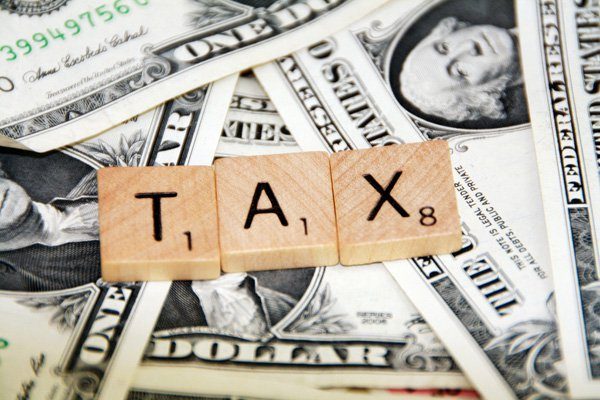
A report by Bloomberg in April 2014 revealed that property tax collection in the US is increasing at a faster pace since the housing market crash sent government revenue dipping. This put an end to the era of local budget cuts. The revenue collection is highest in California, Tennessee, Houston, San Jose, Washington, and Nashville. The tax on a property may depend on who the owner is, what the property is used for, and when it was last sold. Also, the administrator may ask for income, medical condition, age, and previous military service details of the owner.
Slashing your Property Tax Bill
Property taxes take up a major share of your earnings, but is there a way to smartly manage your taxes and end up saving more for your future? The answer is of course.
Unless you live in a low property tax imposing state like Louisiana, Hawaii, Alabama, Delaware, West Virginia, South Carolina, Arkansas, Mississippi, New Mexico, or Wyoming, you will be spending a great deal on property taxes.
Check if the Assessments on your Property are Accurate
The assessment value of a property is usually determined by the local or state municipality and is generally lower than the actual market value of the home. Double check the assessment and see if it is updated. This can be done by comparing the assessed value of the property with other properties in the area. It is important that you keep yourself updated about the changing value because in some cities the assessments are adjusted quickly when the value of property is increasing, but the entire process can be slow when value is decreasing.
Appeal the Assessment
There are chances that you may get a reduction after the appeal, but you need to be sure of how the system works in your city, which you can do by calling the assessor to learn the protocols applicable in your case. If there are some documents that speak of the age and condition of the home, these can be used as proof. You can also take pictures of the house and floors and look for the home renovations record if you have done any renovations.
Rezone the Property
Outdated zoning can invite higher property taxes. Zoning laws change with time, and one should keep track of these to save money on the tax. However, only the long-term owner should consider rezoning the property because it is a time consuming process, and changing the zone of the property again could be impossible.
Another important thing to consider is that one has to have the approval of neighbors before completing any sort of rezoning request. Their support or opposition can make or break your case. Saving on property tax is one thing, but there could be instances when one makes tax mistakes and ends up paying more. Some of the most common mistakes are:
- You might have taken the property tax deduction for the year you actually paid it. Some tax authorities work a year behind, which means they won’t bill you for 2014 property taxes until 2014. Enter the amount that you have actually paid in the tax year irrespective of the date present on the tax bill.
- If you seek the services of a lender, he might escrow funds to pay the property tax, but this doesn’t mean you can deduct the escrowed amount. There are chances that the amount that you pay into the escrow account every month could be a little more or less than the property tax bill.
- Homeowners often forget to keep a record of the repair expenses, home maintenance, and other documents. Good records will save a lot of headaches and dollars at the time of tax payment. Most homeowners save every renovation bill in different places in the house. In the end, they are unable to find all of them, so it is a safer bet to scan each document and file it.
- Installation of energy efficient doors and windows can get you up to a 10% tax credit, so don’t forget to mention it in the declaration. Be aware that this is a lifetime credit and can be claimed only once. Also, installation of a solar water heater, small wind energy system, or any other solar system can also make a property owner eligible for Residential Energy Efficient Property Credit. For all this you have to fill out a complicated Form 5965, and you have to cross check it with many other IRS forms.
A Few Last Words
While it can be easy for a single property owner to keep track of the property, what if you have multiple properties? The more properties you have, the more difficult it becomes to track everything; and when tax filing time comes you might find yourself clueless of how much mortgage loan has been paid for every property, what all has been spent on renovations, and what the assessment is for each property. To avoid the last minute complexities, it is always better to seek property tax tracking services of a reputable firm. There are a number of companies that offer manual and automated support to property owners so that they can focus more on ROI instead of spending time on property tax calculations.

